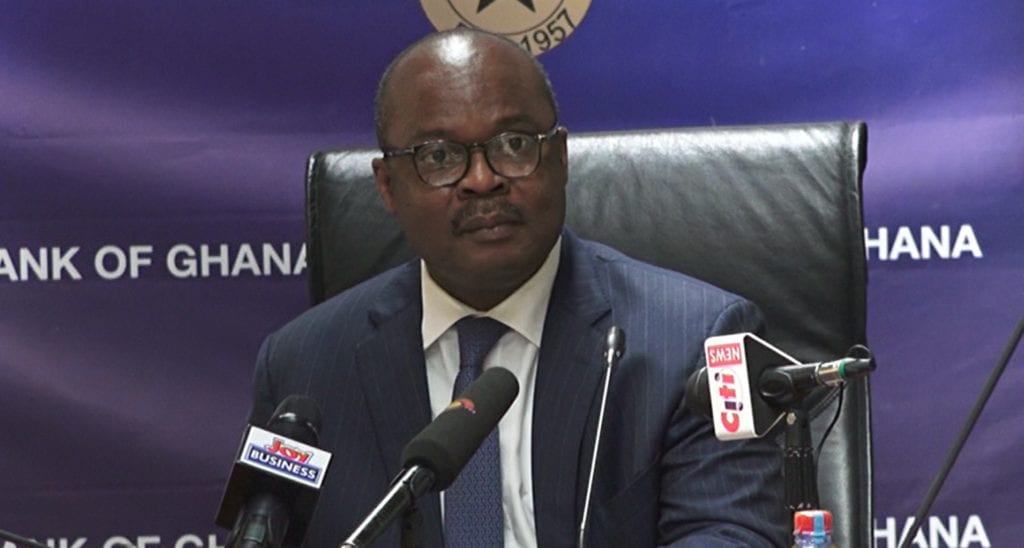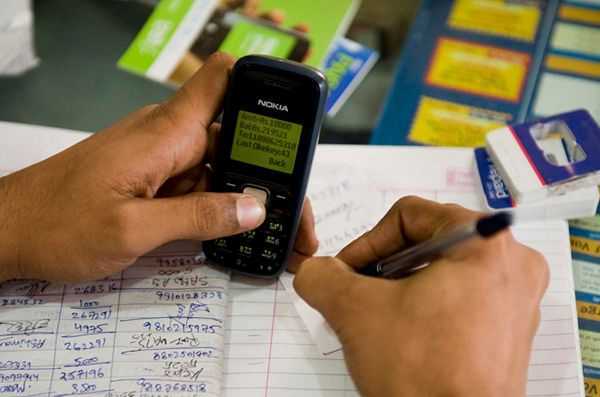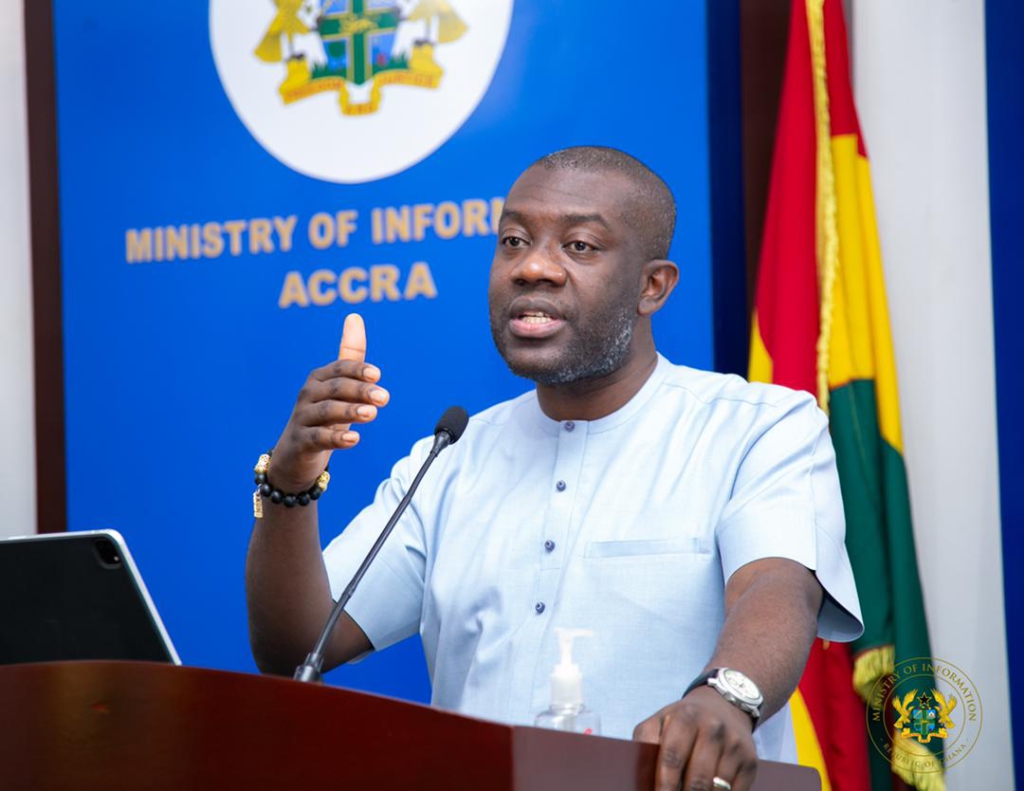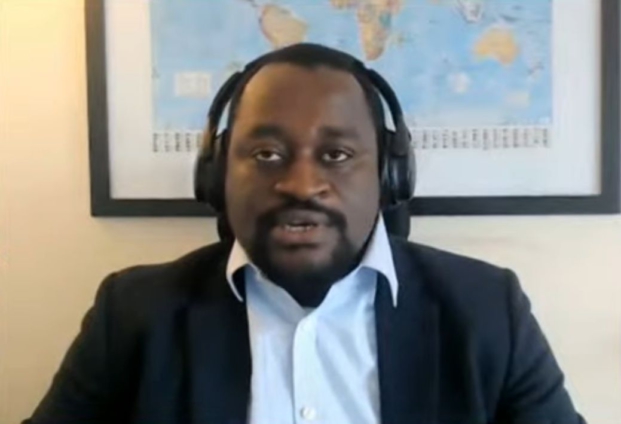An economist and political analyst, Dr Theo Acheampong, is confident Ghana's decision to go to the IMF will restore confidence in the Ghanaian economy.
He said the decision sends a signal to the players within the International Capital market that the country is on the trend to "fix the mess that we find ourselves in."
Contributing to discussions on Newsfile on July 9, he said, "looking at the sovereign market prior to the announcement of the IMF programme, Ghana was trading above distress levels, but since the announcement of the IMF programme, there has been a bit of correction in terms of of the spreads where it comes down to a couple basis points.

"That then signals that going to the market, and the sort of investors that we are dealing with would have some sort of confidence in the Ghanaian economy and reverse the portfolio of outlookers," he added.
Background
Ghana lost access to the international financial market for loans because the country has overborrowed.
The Bank of Ghana (BoG) said in a press release dated January 31, 2022, that “Ghana’s sovereign bond spreads have widened significantly and led to a de facto closure to the International Capital Markets with implications for financing of the budget."

It further indicated that although budget implementation for 2021 remained fairly in line with expectations, fiscal and debt sustainability concerns regarding the budget for 2022 and implications for sustained fiscal consolidation efforts have triggered an unfavourable credit rating decision by Fitch Ratings which has spilled over to the external sector and may further exacerbate the already elevated inflationary expectations.
As a result, government decided to resort to other models of raising revenue for the state. Fiscal policy responded to these concerns with an announcement of a further 20 percent cut in expenditures in 2022.
Also, government introduced the Electronic Transaction Levy as an alternative mode of raising revenue. However, it has announced on July 1, 2022 its intention to seek economic support from the International Monetary Fund (IMF) since the e-levy failed to rake in the expected revenue.

A statement signed by the Information Minister, Kojo Oppong Nkrumah, indicated that there had already been a conversation between the IMF boss, Kristalina Georgieva and President Akufo-Addo conveying government’s decision to engage the Fund.
“The President of the Republic, Nana Addo-Dankwa Akufo-Addo, has authorised Finance Minister, Ken Ofori-Atta, to commence formal engagements with the International Monetary Fund (IMF), inviting the Fund to support an economic programme put together by the Government of Ghana.”

Cabinet at a meeting on June 30, 2022, supported government’s decision to pursue an economic programme from the Fund.
The engagement with the IMF, the statement pointed out, will seek to provide a balance of payment support as part of a broader effort to quicken Ghana’s build back in the face of challenges induced by the COVID-19 pandemic and, recently, the Russian-Ukraine crisis.
Latest Stories
-
UEFA U-16 Tournament: Black Starlets bounce back with 5-1 win over Serbia
6 mins -
There’s nothing strange about changing colours for basic public schools – Education Ministry PRO
17 mins -
Diana Asamoah causes arrest of personal assistant over GH₵4k MoMo theft
28 mins -
Our mindset should breed excellence – Ace Ankomah
40 mins -
SML fully delivered on Transaction Audit Service Agreement with GRA
1 hour -
Government trying to hide something from SML/GRA contract – Arthur Kennedy
1 hour -
Don’t encourage lateness and foolishness – Ace Ankomah to UG Vice Chancellor’s award winners
1 hour -
‘Obroni wawu’ traders plan to protest over Kumasi Central Market Redevelopment delays
1 hour -
Gold Fields Ghana boosts cocoa production in Huni Valley District through Cocoa Farmers’ Support programme
1 hour -
Spanish government to oversee football federation after Luis Rubiales scandal
1 hour -
TikTok will not be sold, Chinese parent tells US
2 hours -
Bawumia is ready to announce his running mate – Miracles Aboagye
2 hours -
Works and Housing Ministry launches BENCHH 2024
2 hours -
You misunderstood Bawumia’s ‘driver’s mate’ analogy – Miracles Aboagye tells Naana Opoku-Agyemang
2 hours -
Bulk Oil Distributors object to government’s plan to designate BEST sole off-taker
3 hours

